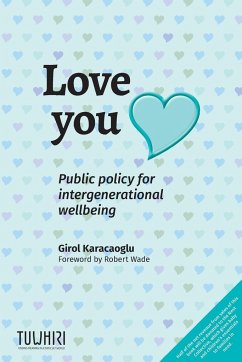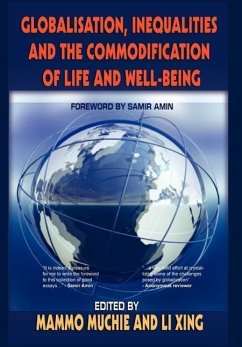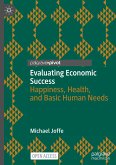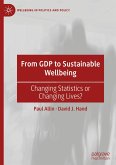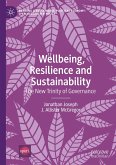How would we design, implement and evaluate public policy if it were based on our love for future generations? For the philosopher Walter Kaufman, 'I love you' means: 'I want you to live the life that you want to live. I will be as happy as you if you do; and as unhappy as you if you don't.' We have no idea what future generations will value and how they will want to live. Nor do we wish to prescribe how they choose to live, so long as they do not prevent others from living the lives they value. We want to prepare and look after the 'wellbeing garden' - the broader ecosystems - that will provide them with the opportunities and capacity to survive and thrive, to flourish in safety. As another philosopher, Walter Benjamin, put it, 'We want to liberate the future from its deformation in the present.' Wellbeing is about the ability of individuals and communities to live the lives they value - now and in the future. This is their human right. It would be unjust to prevent the enjoyment of lives centred on chosen values. Preventing such injustice across generations should be the primary focus of a public policy that has intergenerational wellbeing as its objective. This book examines the processes by which wellbeing-focused public policy objectives are established, prioritised, funded, implemented, managed, and evaluated, while ensuring that they remain relevant as social preferences change over time.
Hinweis: Dieser Artikel kann nur an eine deutsche Lieferadresse ausgeliefert werden.
Hinweis: Dieser Artikel kann nur an eine deutsche Lieferadresse ausgeliefert werden.

